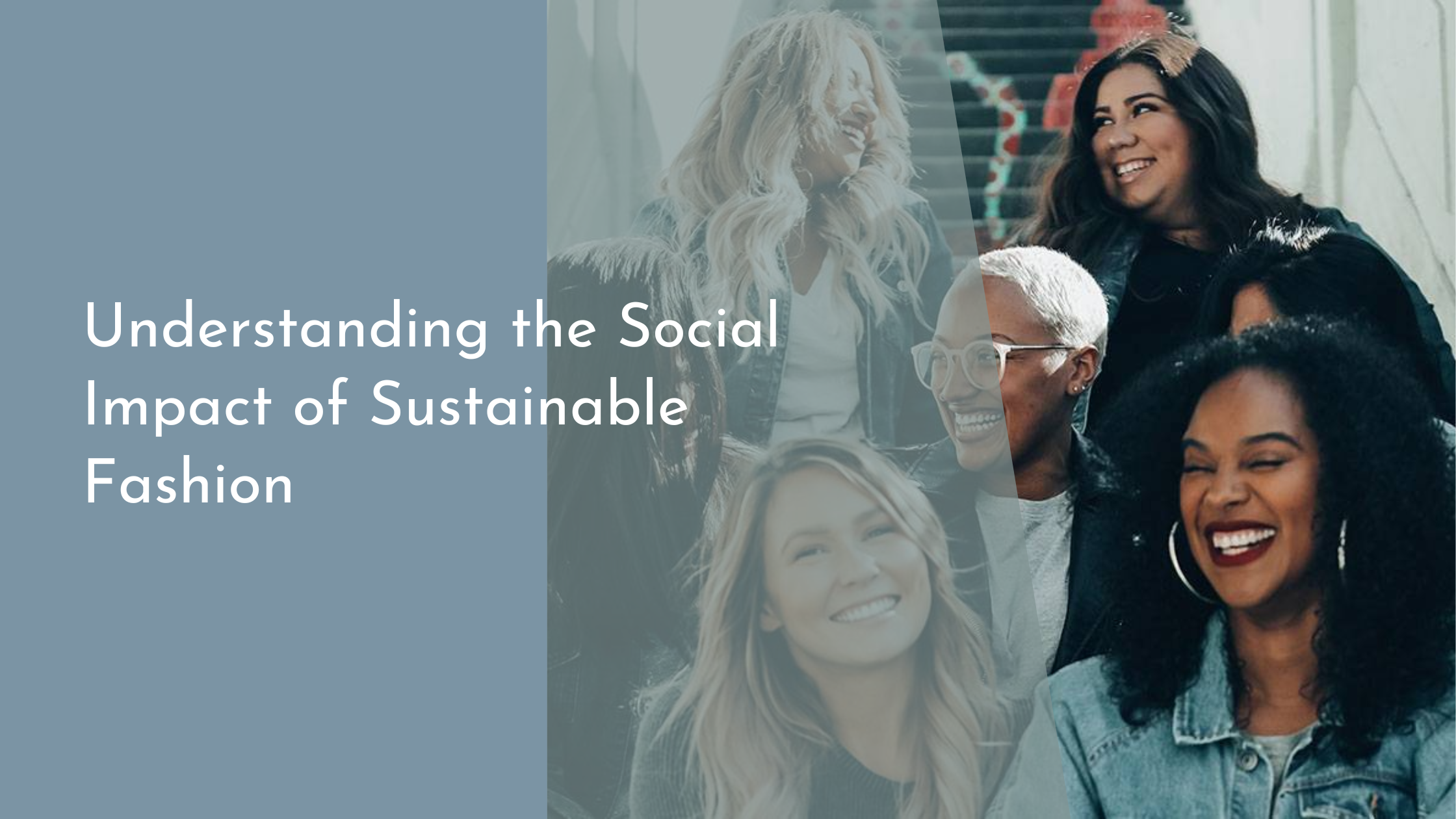Understanding the Social Impact of Sustainable Fashion
The fashion industry is undergoing a transformative shift as sustainability becomes a cornerstone of modern style. As the world becomes more environmentally conscious, the demand for sustainable fashion is on the rise, promising not only ecological benefits but also social equity. This shift is not just a trend but a powerful movement towards ethical practices that value both people and the planet. In this article, we’ll delve into the various facets of sustainable fashion, exploring its rise, the environmental and social benefits it offers, and the crucial role consumers play in driving this vital change.
The Rise of Sustainable Fashion Trends
In recent years, sustainable fashion has emerged as a prominent trend, capturing the attention of designers, brands, and consumers alike. This movement is characterized by a focus on using eco-friendly materials, ethical production processes, and designs that promote longevity and versatility. The rise of sustainable fashion can be attributed to increased awareness of the environmental and social impacts of traditional fashion practices. As consumers become more informed about issues such as waste, pollution, and worker exploitation, there is a growing demand for clothing that aligns with their values of responsibility and conscientious living.
The wave of sustainability in fashion is further bolstered by the advent of technology and innovation. Designers are now experimenting with materials like organic cotton, recycled fabrics, and even lab-grown textiles, which reduce the environmental footprint of fashion items. Moreover, technological advances in supply chain management and transparency allow brands to trace and showcase their ethical practices. This new era of fashion is not just about aesthetics; it is about creating meaningful change and redefining the relationship between fashion, people, and the planet.
Environmental Benefits of Ethical Clothing
Opting for sustainable fashion has a myriad of environmental benefits, making it a crucial component of global efforts to combat climate change and resource depletion. Ethical clothing often involves the use of organic and recycled materials, which significantly reduce the need for water, energy, and chemical use in production processes. For instance, organic cotton farming uses less water and no harmful pesticides, thereby protecting ecosystems and promoting biodiversity. Similarly, recycling materials like polyester from plastic bottles reduces landfill waste and lowers carbon emissions compared to conventional textile production.
Beyond materials, sustainable fashion emphasizes waste reduction through practices such as upcycling and circular fashion models. By extending the lifecycle of garments, sustainable fashion minimizes the industry’s contribution to the global waste problem, which sees millions of tons of textiles discarded each year. Initiatives like clothing take-back programs and repair services encourage consumers to view fashion as an investment rather than disposable items. By choosing sustainable fashion, consumers contribute to a healthier planet by supporting practices that prioritize conservation and efficiency.
Social Equity in the Fashion Industry
Sustainable fashion is as much about advocating for social equity as it is about environmental stewardship. The conventional fashion industry is notorious for its labor exploitation, with millions of workers subjected to poor working conditions and unfair wages. Ethical fashion seeks to address these injustices by prioritizing fair trade practices and transparent supply chains. Brands that commit to social equity ensure that garments are produced in safe environments, where workers receive fair compensation and the opportunity to unionize.
In addition to fair labor practices, sustainable fashion champions diversity and inclusion. By collaborating with artisans and communities from diverse regions, ethical brands celebrate cultural heritage and craftsmanship. This not only empowers marginalized groups but also enriches the fashion industry with a tapestry of unique styles and techniques. Through these initiatives, sustainable fashion fosters a culture of respect and appreciation for the people behind the garments, reinforcing the notion that fashion should benefit all, not just a privileged few.
The Role of Consumers in Driving Change
Consumers hold immense power in shaping the future of the fashion industry. Their purchasing decisions send a clear message to brands about what values they prioritize. By choosing to support sustainable brands, consumers can drive demand for ethical practices and encourage more companies to adopt sustainable models. The shift towards conscious consumerism is evident in the growing popularity of thrift stores, clothing rental services, and sustainable brands, all of which offer alternatives to fast fashion.
Education and awareness are key factors in empowering consumers to make informed decisions. Initiatives like fashion transparency indices, sustainability certification labels, and educational campaigns equip consumers with the knowledge they need to understand the impact of their choices. As consumers become more engaged with the issues surrounding fashion, they are better equipped to demand accountability and advocate for positive change. By leveraging their collective influence, consumers can play a pivotal role in steering the fashion industry towards a more sustainable and equitable future.
As we navigate the complexities of the modern world, sustainable fashion emerges as a beacon of hope and responsibility. It offers a path forward that respects the environment, champions social justice, and empowers consumers to make a difference. By embracing sustainable fashion, we are not just making a style statement but also taking a stand for a more sustainable and equitable future. The fashion industry is at a crossroads, and the choices we make today will shape the fabric of our world for generations to come. Let us stride forward with intention, wearing our values proudly and paving the way for a brighter future.


